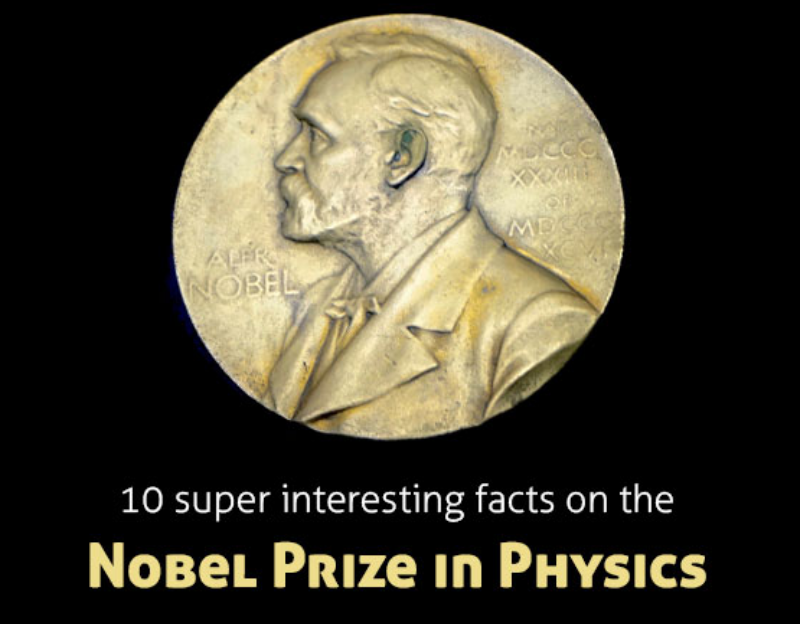
Back in 1888, Alfred Nobel saw an obituary in the newspaper that said: “The merchant of death is dead.”The newspaper made a mistake because it was his brother who died. They mixed up and published such news. Imagine reading your obituary with your eyes. Well, Noble felt the same thing and was also pretty enraged to see that adjective- “merchant of death.” Do you know why he’s called a merchant of death? Alfred Noble was the inventor of dynamite, and many reckoned him to be the symbol of destruction. The newspaper published an additional paragraph that went something like-
“Dr. Alfred Nobel, who became rich by finding ways to kill more people faster than ever before, died yesterday.”
So you see what we are talking about. His reputation was on the line, and he didn’t like that. Well, we wouldn’t have liked it either if we had been in the same place. So the great inventor buckled up and felt a desire to clear his reputation.
So what did he do? He created a series of prizes for achievements in medicine, physics, chemistry, psychology, literature and world peace. This prize is the prestigious Nobel Prize. In this article, we’ll highlight a few interesting facts on Nobel Prize focusing particularly on physics. Let’s begin.
Like we said above, Alfred Nobel made a fortune on working with explosive substances. 94% of his fortune was used to fund the Nobel Prize. Nowadays, the funds are administered by the Nobel Foundation.
Bragg won the Nobel Prize when he was only 25 years old. He was awarded the prize for the analysis of crystal structures through the means of X-ray. He shared this prestigious prize with his father.
There have been 196 Physics laureates so far. The youngest was Mr. Bragg like we said above and the oldest was Mr. Raymond Davis Jr. (88). The average age is 55.
John Bardeen’s the man who holds this record. He was awarded the 1st Nobel Prize for the invention of the transistor. He received the 2nd one for his work on conventional superconductivity. Did we say “man”? He’s not a man; he’s a superman.
A few physicists didn’t like the publicity that came along with the Nobel Prize. Richard Feynman hated the publicity and even regretted winning the prize. Paul Dirac, another physicist who even wanted to refuse the prize because he feared the publicity that might follow him for the rest of his life. However, he was persuaded that the refusal would bring in more publicity and hence, he accepted it.
The only family that comes to mind is the famous Curie family. The Curie family was awarded 5 Nobel prizes in total. Marie Curie and Pierre Curie were awarded the prize in 1903. Marie Curie then received the second prize in 1911 in the field of Chemistry. Irène Joliot-Curie, their daughter again received the prize in Chemistry in 1935 along with her husband, Frédéric Joliot.
Shocked? Don’t be. Both of them never won the Nobel Prize because of their hatred of one another. They were both considered for a joint prize. But due to their hatred for one another, the committee changed their decision.
Einstein didn’t have a successful marriage with Mileva. But even after that, Einstein left his prize money to Mileva and their two children. This act resulted in a lot of speculation. Some said that Mileva had a hand in Einstein’s success. She wrote a few of his papers and for this exact reason; the great scientist felt that he was in debt and hence, he left his prize money to Mileva.
Lisa Meitner was nominated 13 times. She made considerable contributions in the field of nuclear fission. But sadly, she never won the Nobel Prize. Element 109 called Meitnerium is however named after her.
Wilhelm Röntgen received the 1st ever Nobel Prize in Physics. He also refused to take a patent for his discovery because he wanted each and everyone to benefit from the discovery.
That brings us to the end of this article. We’ll be signing off for now. Hope you had a good read.